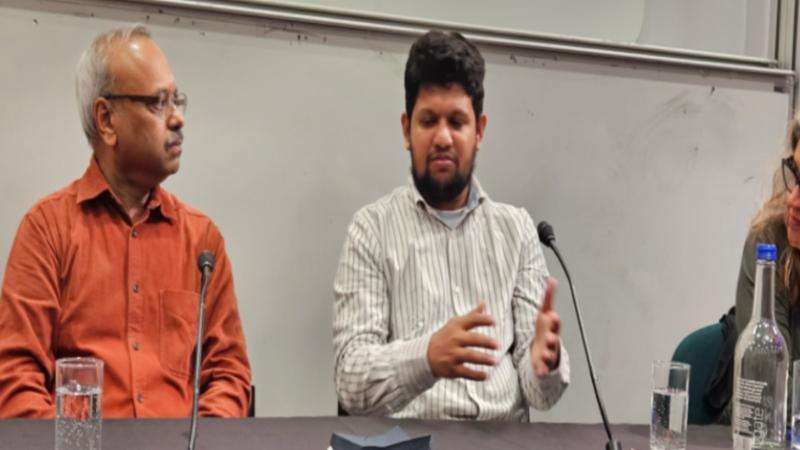UN human rights experts have issued a grave and urgent warning to the UK government, urging them to immediately scrap planned welfare reforms that they say risk a serious breach of the country's international human rights obligations. The condemnation comes as the UK faces mounting pressure over its controversial changes to disability benefits.
The Controversial Welfare Bill
The government's plans, which recently scraped through the House of Commons, have been met with fierce criticism from the United Nations (UN), disability rights organisations, and opposition parties. At the core of the controversy is the planned overhaul of the welfare system, with a specific focus on Personal Independence Payment (PIP) and Universal Credit (UC).
Key changes include:
- A new eligibility rule for PIP: To qualify for the daily living component of PIP, claimants will now need to score a minimum of four points in at least one activity, in addition to the existing requirement of eight points overall. This change alone could impact up to 1.3 million current claimants, potentially stripping them of an average of £4,500 per year.
- Drastic cuts to Universal Credit (UC) health element: From April 2026, the health-related element of Universal Credit (UC health) will be nearly halved for new claimants, dropping from the current £97 per week to just £50. This reduced rate will then be frozen for four years, creating a two-tiered system that experts deem discriminatory. Existing claimants will see their rate frozen at £97 per week until 2029/30.
- The abolition of the Work Capability Assessment (WCA): The government plans to scrap the WCA in 2028, making eligibility for the UC health element contingent on receiving the PIP daily living component. This change is particularly alarming as it could lead to many people who are currently eligible for the health element losing all support if they don't also qualify for the more stringent PIP criteria.
A "Stigmatising" and "Discriminatory" Rationale
The UN advisers stated their profound dismay at the government's rhetoric, which they argue "stigmatises benefit claimants" by portraying them as "fakers" and "a drain on society." The experts pointed to official statistics which show that fraud in both PIP and Universal Credit is "near non-existent."
The UN experts’ letter to the government states that the reforms are not genuinely aimed at helping disabled people into work, as the government claims, but are instead "motivated by fiscal considerations and negative perceptions of benefit claimants." They highlighted that the proposals could push 250,000 people, including 50,000 children, into relative poverty by 2029/30.
This is not the first time the UK government has faced international scrutiny over its welfare policies. The UN has previously raised concerns about the impact of austerity measures and other benefit reforms on vulnerable people, including those with disabilities.
British Public Responds with Apathy to Foreign Meddling
While international bodies and activists have expressed outrage, the British public's attitude towards outside interference in UK domestic issues remains one of general disapproval. Recent polling data indicates a significant portion of the population is skeptical of foreign involvement, with many believing that the UK's internal matters, such as social and political policy, should be determined by its own citizens and elected officials, not by foreign governments or international organisations. The concept of the UK's "special relationship" with the US is also at a low point, with more Britons favouring stronger ties with European countries. This general sentiment of non-interference adds a complex layer to the ongoing debate, as the government may choose to dismiss the UN's recommendations as yet another instance of "foreign meddling" in British affairs.



_2.jpg)
_3.jpg)


_2.jpg)
.svg)


